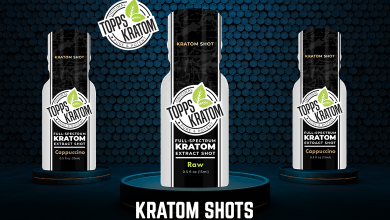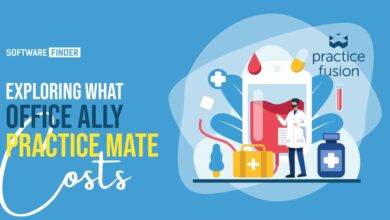How Low-Level Laser Light Therapy Can Improve Your Health

In recent years, various non-invasive treatment methods have gained popularity as alternative approaches to improving health and well-being. These innovative therapies allow individuals to enhance their quality of life without resorting to invasive procedures or medications with potential side effects. Among these methods, one stands out for its effectiveness and versatility: low level laser light therapy (LLLT). Utilising specific wavelengths of light, LLLT has emerged as a powerful tool for promoting healing and rejuvenation.
The following section of this blog post will explore the world of non-invasive treatment methods and explore how LLLT can improve your health and well-being.
Understanding Low Level Laser Light Therapy:
Low level laser light therapy involves using a device that emits low-power laser beams or LED lights onto the targeted area of the body. Unlike high-power lasers used in surgical procedures, LLLT uses lower light energy levels that do not generate heat or cause tissue damage. These gentle laser beams or LED lights penetrate the skin and interact with the cells, triggering various biochemical processes that promote healing.
Role Of LLLT In Improving Your Health and Well-Being
Relieving Chronic Pain:
Chronic pain can significantly impact one’s quality of life, making everyday activities challenging. LLLT has shown great potential in relieving individuals suffering from conditions such as arthritis, fibromyalgia, and back pain. The light energy emitted during LLLT stimulates endorphin production, which is a natural pain-relieving substance in the body. LLLT also improves blood circulation and reduces inflammation, further contributing to pain reduction and enhanced healing.
Accelerating Wound Healing:
Wound healing can be a slow and complicated process, especially for individuals with chronic wounds or compromised immune systems. LLLT has been found to accelerate the healing of various wounds, including surgical incisions, ulcers, and burns. The light energy stimulates collagen production, a protein essential for tissue repair, and increases blood flow to the wound site, facilitating faster healing and minimising the risk of infection.
Enhancing Skin Health:
Radiant, healthy skin is a desirable trait for many individuals. LLLT has emerged as a promising tool for improving skin health and addressing common skin conditions. It has been used to reduce the appearance of scars, diminish fine lines and wrinkles, and treat conditions like acne and eczema. The light energy from LLLT promotes collagen synthesis and elastin production, leading to improved skin elasticity and a more youthful appearance.
Managing Hair Loss:
Hair loss can be distressing and impact one’s self-esteem. LLLT has gained recognition as a potential treatment for hair loss, particularly in androgenetic alopecia (pattern baldness). The light energy stimulates hair follicles, increasing their activity and promoting hair growth. LLLT has been shown to improve hair density, thickness, and overall hair quality, providing a non-invasive option for individuals seeking to combat hair loss.
Supporting Mental Health:
Beyond its physical benefits, LLLT has shown promise in supporting mental health and well-being. Light therapy has long been recognised for its positive effects on seasonal affective disorder. LLLT, by harnessing the power of light energy, can help regulate circadian rhythms, improve mood, and alleviate symptoms of depression and anxiety. Incorporating LLLT into a holistic mental health treatment plan may provide an additional tool for individuals seeking relief from these conditions.
Conclusion:
Low level laser light therapy is an exciting and innovative approach to improving health and well-being. From relieving chronic pain and accelerating wound healing to enhancing skin health and managing hair loss, LLLT offers a range of potential benefits. While this therapy is generally safe and well-tolerated, it is important to consult with a healthcare professional to determine if LLLT is suitable for your specific condition. With ongoing research and advancements in technology, LLLT holds the promise of further transforming healthcare and providing individuals with new avenues for radiant recovery.





